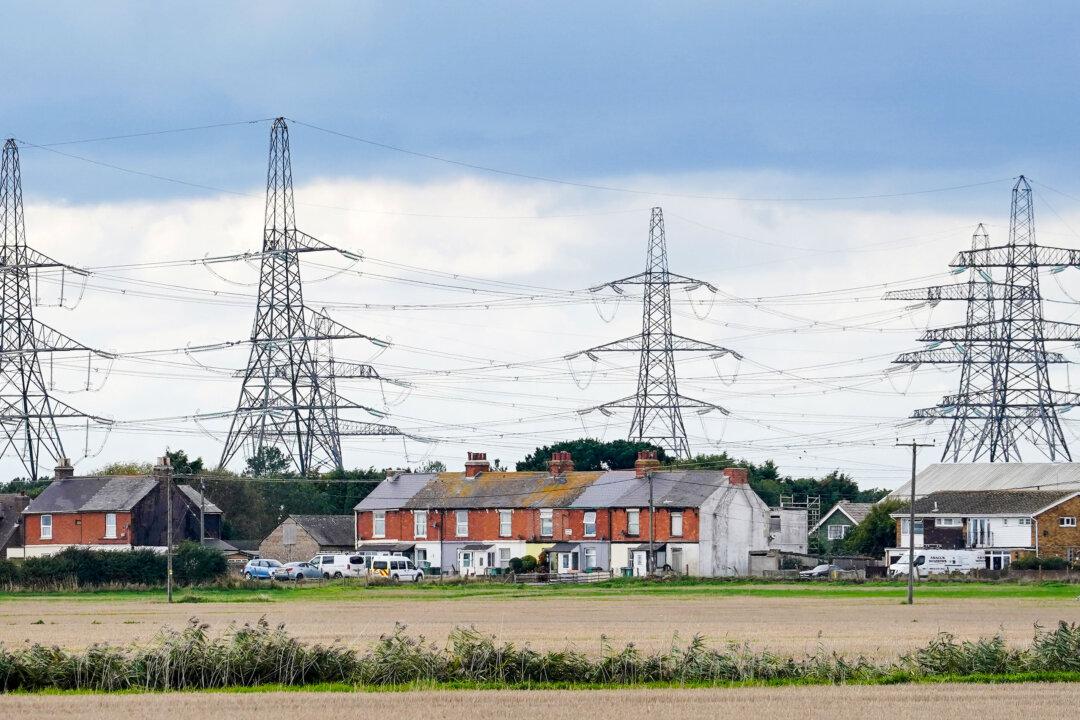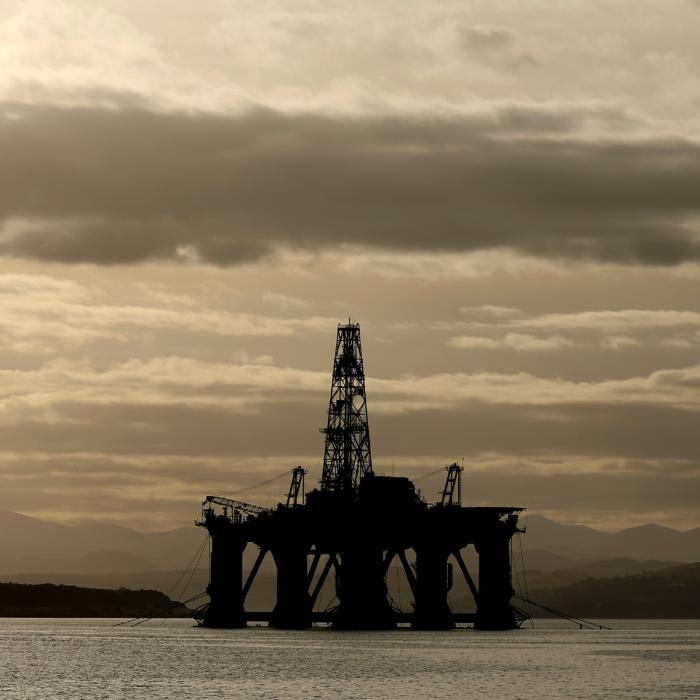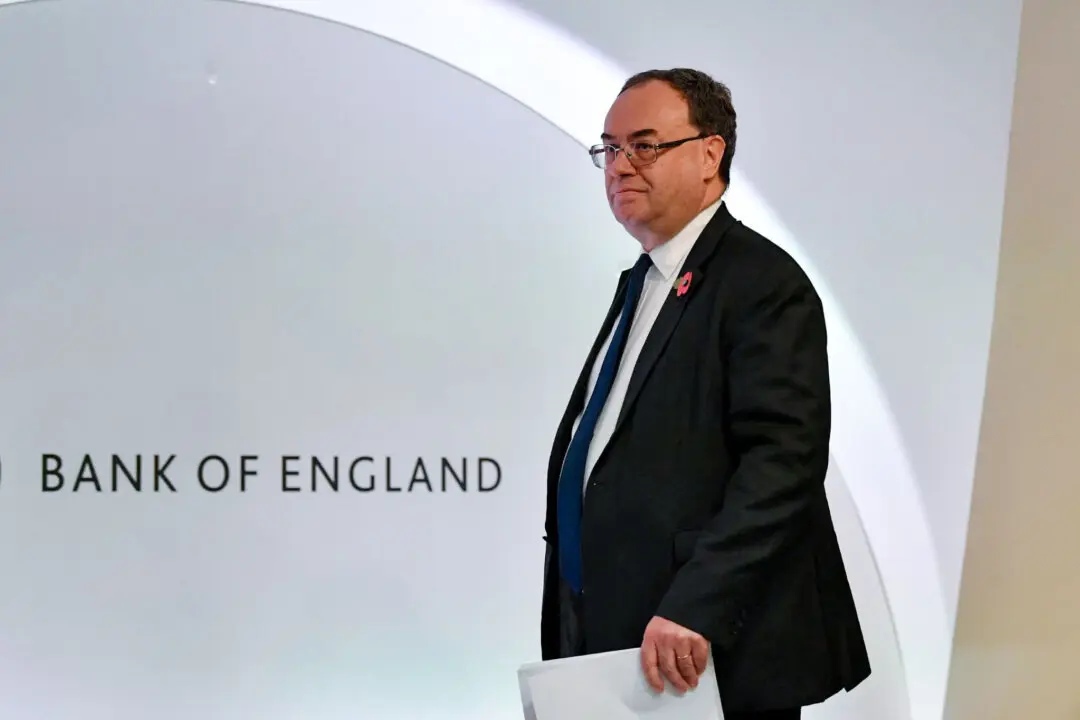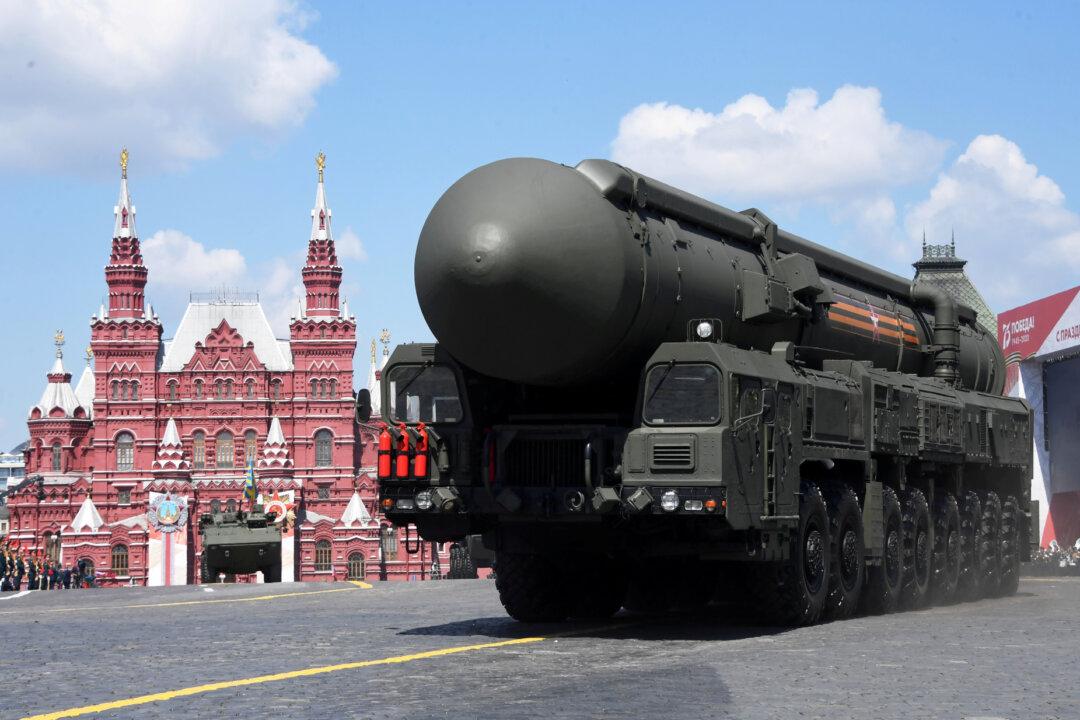The 2021–2022 energy crisis in the aftermath of the COVID-19 lockdowns and the war in Ukraine drove energy prices up globally. The UK was not prepared for this challenge and was left “highly” exposed to supply disruptions and price spikes, the Energy Crisis Commission has found.
The commission’s experts, including representatives from Energy UK, CBI, Citizens Advice, and National Energy Action, said that one of the key reasons is Britain’s dependence on gas for power generation and heating homes.
In a report, released on Tuesday, experts found that vulnerable households and businesses suffered a “catastrophic” impact as a result of the energy crisis. Around 7.5 million households reached fuel poverty and the debt to energy companies rose to £3.5 billion.
In response to higher energy costs, almost one in 10 businesses ceased some or all of their operations. One in five said they had to draw on their cash reserves to keep up with rising prices.
Recommendations
Compared with other European nations, the UK is second most dependent on gas for heating, and joint fifth most dependent on gas for electricity.To improve its resilience to future shocks, Britain must reduce its reliance on gas, cut energy demand by insulating homes, and develop a better support scheme for the most vulnerable households, the commission said.
Former MP David Laws, who chairs the commission, said that while future oil and gas shocks seem inevitable, Britain remains poorly prepared.
He proposed a speedy shift to home-grown renewable sources of power and investment in clean energy, adding that efforts to better insulate homes have “simply not been good enough.”
“Finally, we need a much more efficient and targeted system of energy support for consumers and businesses, so that money goes to those who need assistance, when they need it. Past and present support has been and is badly and wastefully targeted—with those in most need not getting the help they deserve,” said Laws.
Political Rhetoric
The commission acknowledged that the new Labour government is “giving a welcome lead” in pushing for growth in solar power, onshore wind, and clean energy investment.The report said that Downing Street should develop a “clear” energy strategy, review regulations to protect consumers from supplier failure, and “urgently” reform the electricity market.
Last week, the government appointed eight leading figures from across industry and academia to help deliver the Clean Power 2030 Action Plan, expected later this year.
Under the plan, ministers will work to decarbonise the electricity grid, reduce energy prices, and tighten Britain’s energy security.
“The best way to take back control of our energy security and create highly skilled jobs is to speed up the rollout of renewables and transition towards clean homegrown power,” said Energy Secretary Ed Miliband.
Responding to the commission’s report, he said that the UK becoming a “clean energy superpower” is one of Labour’s core missions. Labour also plans to launch Great British Energy, a new, publicly owned, clean energy company, funded through a windfall tax on oil and gas giants.
The UK’s net zero ambitions have been stirring concerns in the industry over the impact on jobs in the gas and oil industry, particularly in the North Sea energy sector.
Scotland is thought to be the largest producer of oil and the second largest producer of gas in Europe, with most oil and gas activity in Scottish waters taking place offshore.







